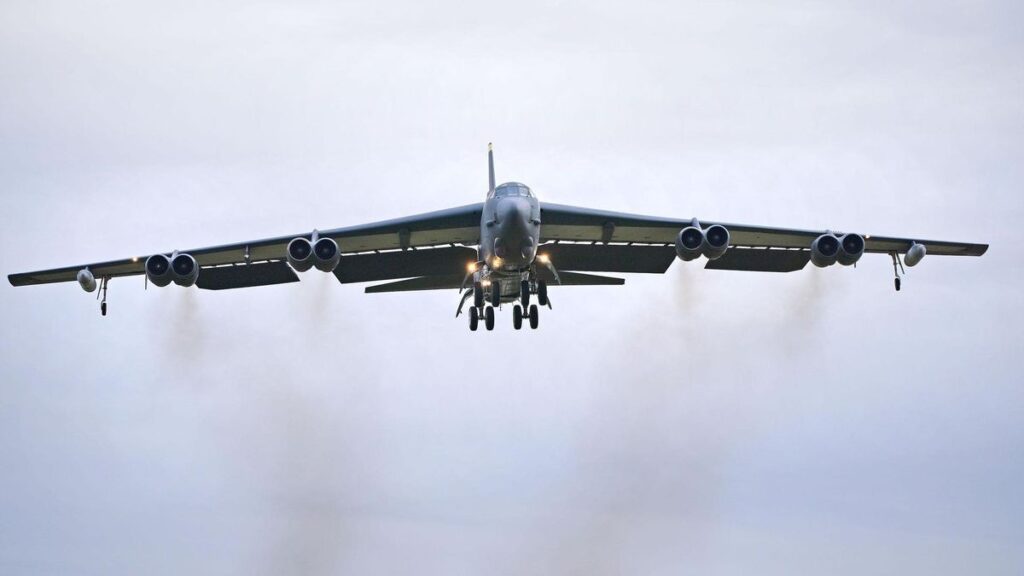
Introduction
The North Atlantic Treaty Organization (NATO) plays a critical role in ensuring global security and stability. Established in 1949, NATO was created as a collective defense mechanism during the Cold War era, aimed primarily at countering the Soviet Union’s threats. In today’s complex geopolitical environment, NATO’s relevance has only increased, particularly amid escalating tensions in Eastern Europe and increasing global instability.
Recent Developments and Events
In recent months, NATO has been actively involved in responding to the ongoing conflict in Ukraine, following Russia’s annexation of Crimea in 2014 and its ongoing aggression toward Ukraine. In response, NATO has bolstered its eastern flank, with additional troop deployments in member countries bordering Russia, such as Poland and the Baltic states. This build-up is a direct response to heightened security concerns that have arisen from militaristic actions taken by the Kremlin.
Furthermore, NATO has launched various military exercises, such as the annual Defender Europe initiative, designed to enhance readiness and strengthen collective defense capabilities among its member states. In 2023, NATO also hosted its annual summit, which emphasized unity among members and discussed strategic responses to emerge threats, including cyber warfare and hybrid tactics.
Significance for Member States
For member states, NATO membership offers numerous advantages, including military support, intelligence sharing, and strategic partnerships. As threats evolve – ranging from state-led military actions to non-state actors and terrorism – NATO has adapted to ensure that it remains a relevant and effective alliance. This adaptability is significant for countries facing security challenges, as collective defense under Article 5 of the NATO treaty stipulates that an attack against one is an attack against all.
Conclusion
In summary, NATO continues to grow in importance as it navigates the complexities of modern security challenges. The alliance is not only vital for the defense of its member states but also plays a crucial role in maintaining stability in a multipolar world. As the geopolitical landscape shifts, NATO’s commitment to collective defense and cooperation among its allies will be crucial for peace and security in the coming years. With plans for expansion and responding to emerging threats, NATO remains a relevant force in global affairs, underscoring the importance of unity among its members and a strategic approach to security challenges.



